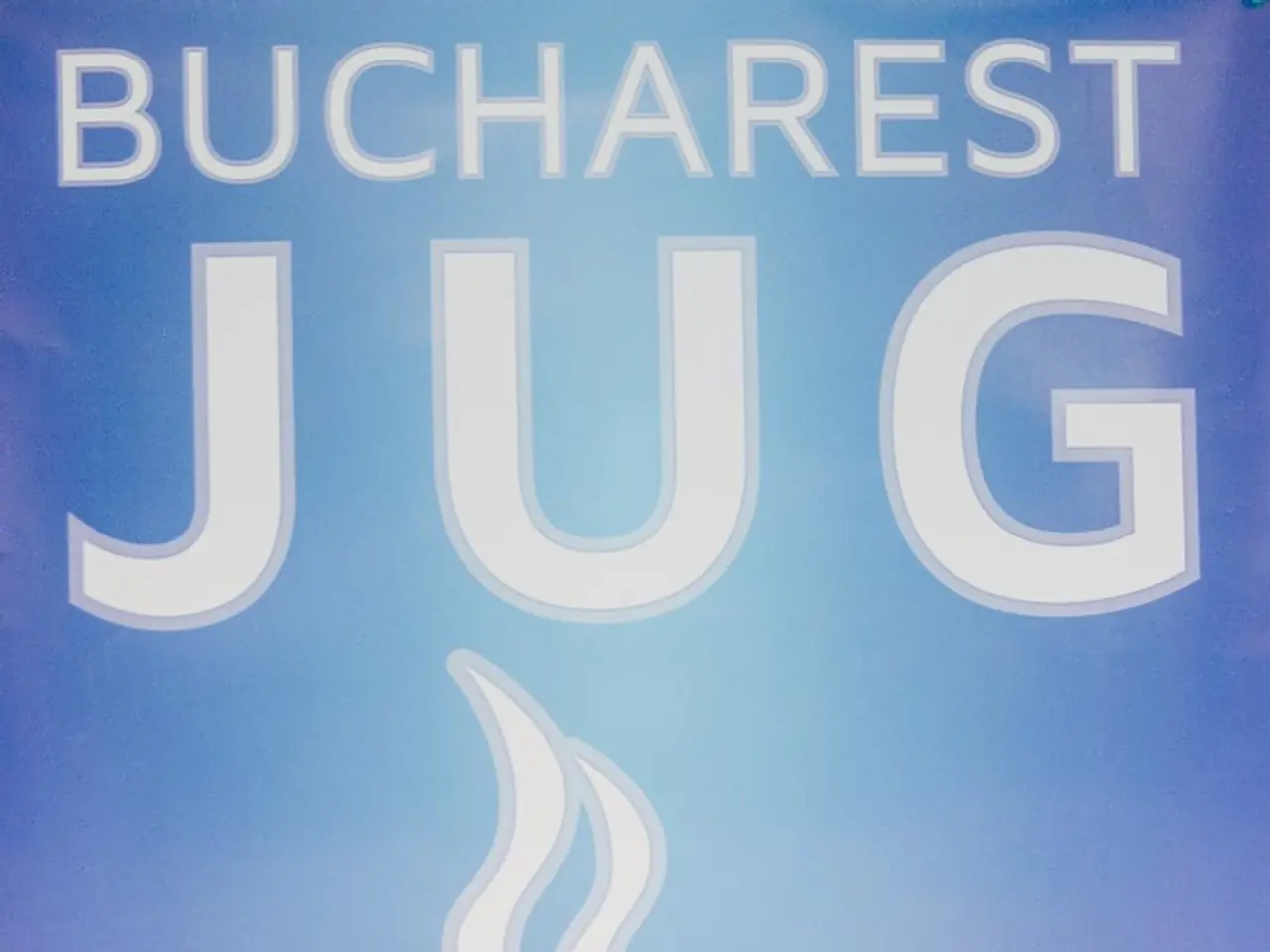Investment Strategy of Personal Assets Trust (LSE: PNL)
Protecting Your Wealth with Personal Asset Trust: A Financial Guardian
Personal Assets Trust (PNL) is a UK-based investment trust that prioritises the preservation and gradual increase of shareholders' funds over the long term, focusing on protection rather than growth[1][3]. This strategy, designed to mitigate the effects of volatile markets, ensures that the trust's shares trade close to their net asset value (NAV), thereby minimising the discount to NAV[2].
Key Components of the Strategy
- Asset Allocation:
- Bonds and Cash: Approximately half of the portfolio is invested in bonds and cash, providing stability and liquidity[3].
- Gold: Around 11% is allocated to gold bullion, acting as a hedge against inflation and market uncertainty[3].
- Equities: The remaining portion is invested in high-quality, global blue-chip companies[3].
- Discount Control Mechanism (DCM):
- PNL uses a DCM to manage the supply and demand of its shares by buying back excess shares and issuing new ones when there is demand. This helps keep the share price close to the NAV[2][3].
- Risk Management:
- By focusing on low-volatility assets, PNL aims to reduce the impact of market fluctuations on its portfolio, thereby providing a smoother performance[3][4].
Smoothing Portfolio Performance
To smooth portfolio performance, the trust's strategy involves:
- Diversification: Allocating assets across different classes helps mitigate risk. For example, when stocks perform poorly, bonds and gold may offer stability[1][3].
- Market Uncertainty: During times of market stress or inflation, the allocation to gold and conservative assets can help preserve capital[3].
- Long-term Focus: By prioritising capital preservation and steady returns, PNL helps investors avoid significant losses during downturns and maintain stable wealth over time[1][4].
This approach allows PNL to maintain a significant asset value and trade at a negligible discount to NAV, despite lower returns compared to more aggressive investment indices like the MSCI All Country World index[1][2].
Recent Performance
- Diageo is one of the top five holdings in Personal Assets Trust, comprising approximately 4.5% of the total portfolio[5].
- The trust's strapline is "to protect and increase (in that order) the value of shareholders' funds per share over the long term."[6]
- Personal Assets Trust has returned 204% in share-price terms since Troy's appointment in 2009, more than double the 90% increase in the retail price index[7].
- The focus on short-dated and inflation-linked bonds in the Personal Assets Trust portfolio suggests that the managers do not believe the rise in bond yields has ended[8].
- Gold bullion is the single largest position in the Personal Assets Trust portfolio, currently comprising 10.7%[9].
- Of the government bonds held, 24% are US inflation-linked bonds, 8% are Japanese government bonds, 9% are short-dated gilts, 4% are UK inflation-linked bonds, and 3% are short-dated US Treasuries[10].
- Approximately 48% of the Personal Assets Trust portfolio is invested in government bonds[11].
- The trust's portfolio, run by Sebastian Lyon and Charlotte Yonge of Troy Asset Management, has just 38% in equities, mostly in blue chips[12].
Comparative Performance
- A classic passive 60/40 portfolio would have become increasingly volatile, while returning a comparatively modest 34%, compared to PNL's smoother performance[13].
- Risk-averse investors could have done much worse over the past five years compared to investing in Personal Assets Trust, as the average return from investing in gilts was -22%[14].
- A combination of 60% equities and 40% Personal Assets Trust would have returned 53%, offering a more stable return compared to a purely equity-based portfolio[15].
In conclusion, Personal Assets Trust (LSE: PNL) offers a cautious investment strategy that focuses on preserving and gradually increasing shareholders' funds, while minimising the impact of market volatility. This approach, which includes a diversified portfolio and a discount control mechanism, has allowed the trust to maintain a significant asset value and trade at a negligible discount to NAV, despite lower returns compared to more aggressive investment indices.
Investing in Personal Assets Trust (LSE: PNL) follows a strategy that prioritizes the preservation and gradual growth of shareholders' funds over the long term, focusing on protection rather than growth. This strategy involves investing around half of the portfolio in bonds and cash, 11% in gold bullion, and the remaining portion in high-quality, global blue-chip companies. Wealth management is central to this approach, as the trust uses a Discount Control Mechanism (DCM) to manage the supply and demand of its shares, keeping the share price close to the net asset value (NAV). Personal finance advising may recommend Personal Assets Trust for those seeking a more conservative approach to investing for wealth management purposes, as it aims to reduce the impact of market fluctuations and provide a smoother performance. This strategy involves diversifying assets across different classes, allocating assets during times of market stress or inflation to gold and conservative assets to help preserve capital, and maintaining a long-term focus to protect against significant losses during downturns and maintain stable wealth over time.






